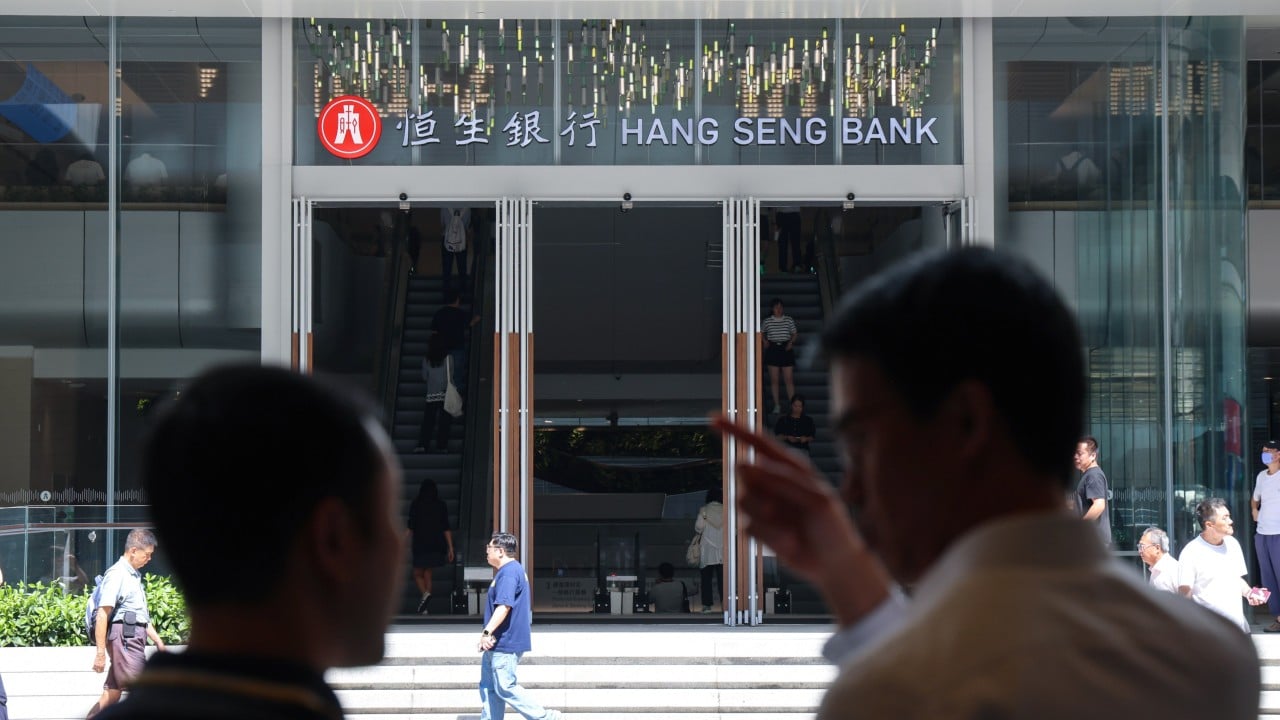When HSBC announced its plan to privatise Hang Seng Bank for US$13.6 billion at a 30 per cent premium, the markets responded with enthusiasm. Many interpreted the move as a confident bet on Hong Kong’s future. But beneath the strategic packaging lies a deeper signal. This deal is not only about operational synergy. It is also a calculated response to mounting pressures in Hong Kong’s economy and property sector. The hope is that this bold step brings stability rather than reveals deeper fragility.
Advertisement
By taking ownership of Hang Seng and delisting it from the Hong Kong Exchange, HSBC is consolidating control over its long-time affiliate. The move simplifies capital allocation and governance structures, enables quicker decisions and removes the constraints imposed by minority shareholders. It also aligns with HSBC’s Asia-focused growth strategy, reaffirming its commitment to Hong Kong as its regional hub despite ongoing geopolitical uncertainties and economic headwinds.
Hang Seng will retain its own banking licence, board and brand identity. This is critical to maintaining its established credibility among local retail and small business customers. The result is effectively a two-brand model operating on a unified platform.
HSBC can focus on cross-border and institutional clients while Hang Seng deepens its reach in domestic retail banking. This strategy is likely to provide greater market penetration across different client demographics.
The advantages of full ownership are substantial. Beyond clearer governance, the merger will create efficiencies and enable HSBC to fully align its digital systems, risk management frameworks, and innovation pipelines across both brands. The ultimate effect could be greater consistency of service and reduced resource duplication.
Advertisement
A key motivator behind the deal is the need to better manage growing risks. Hang Seng’s balance sheet has come under pressure from Hong Kong’s prolonged property downturn. Bad loans in both commercial and residential real estate have raised concerns. By integrating these exposures into HSBC’s broader governance framework, the bank can better manage potential earnings volatility and improve its capital narrative to shareholders.

